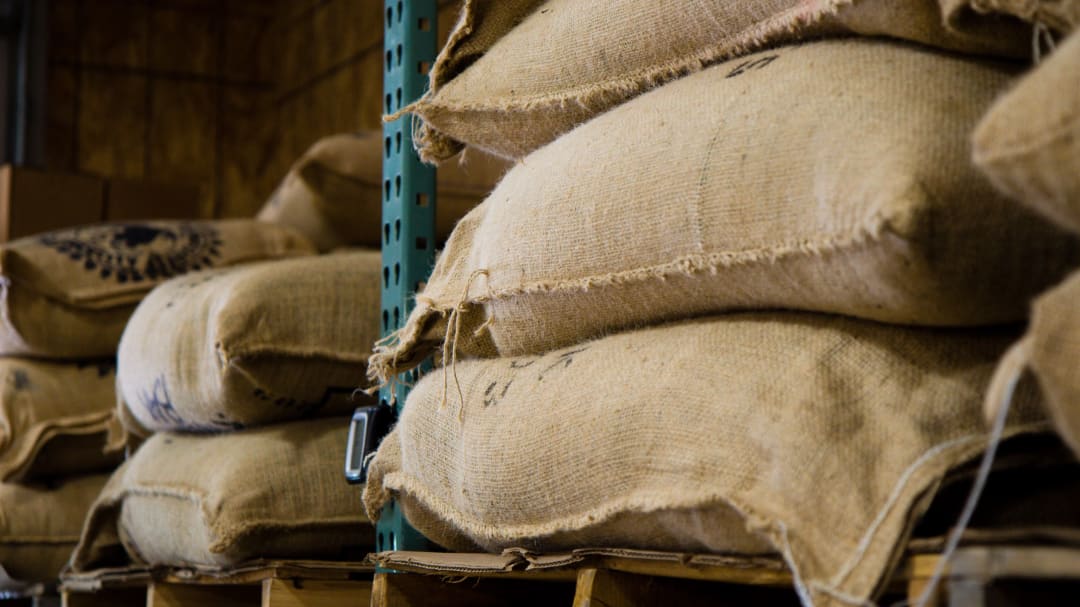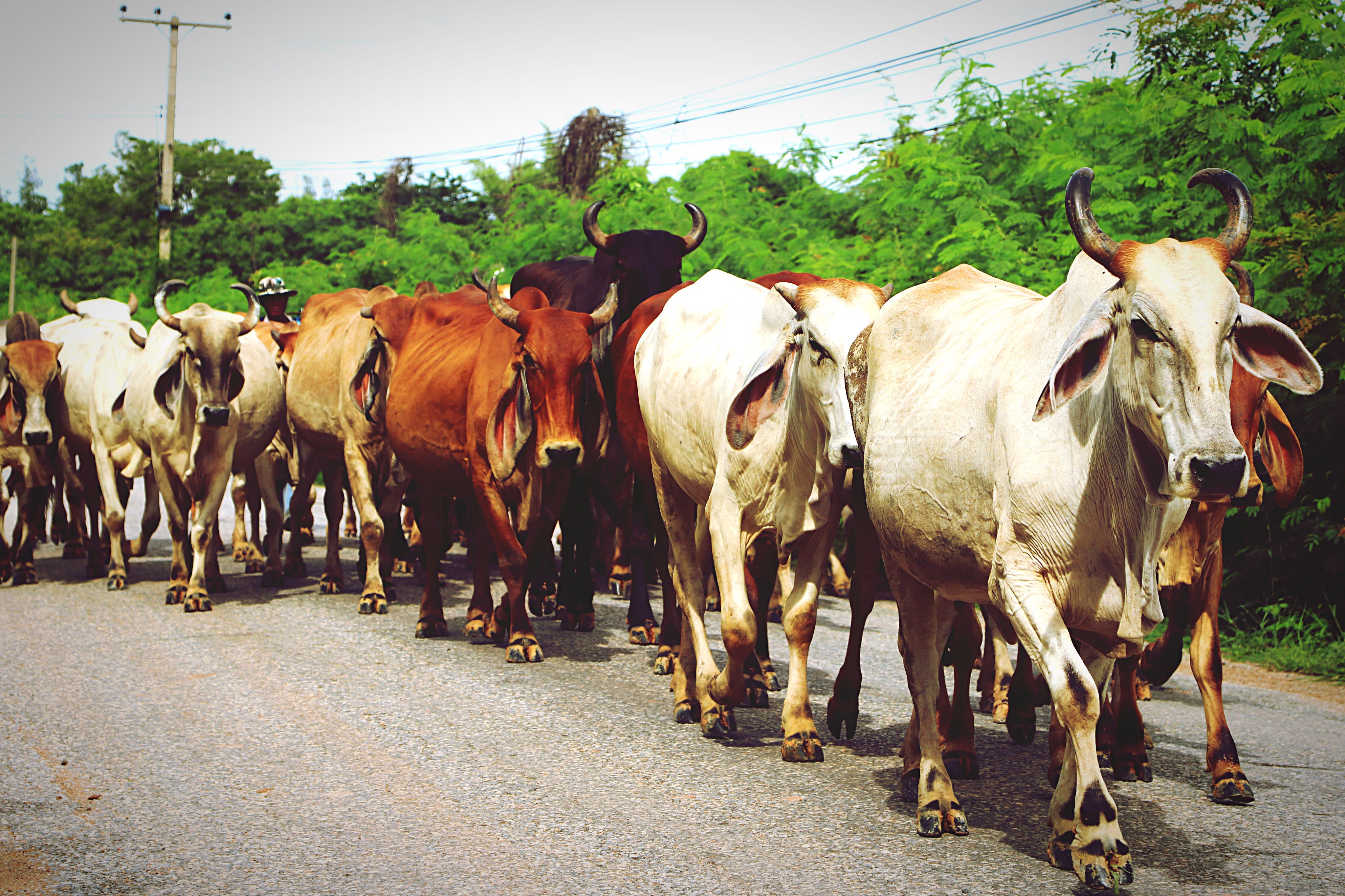Introduction
Commodity trading has long been a cornerstone of the global economy. It has shaped the rise and fall of empires. During the Byzantine and Ottoman eras, the exchange of goods like spices, textiles, and precious metals not only fueled economies but also dictated the balance of power across continents.
Similarly, in more recent history, the industry operates in a vast network where commodities like oil, gas, minerals, and agricultural products drive market dynamics. It’s not just a market; it’s a network that continues to shape global fortune in ways that are both profound and far-reaching.
So, what are the options for participating in the commodity markets today? Here is commodity trading simplified.
Commodity Trading in Nigeria
To grasp Nigeria's journey in commodity trading, let's take a trip down memory lane. Far back in the 1880s, the Royal Niger Company played a key role in shaping the nation's early economy. Agricultural products like cocoa, palm oil, kola nuts, and timber were central to the trade operations.
Even long before the amalgamation of the southern and northern protectorates, the southern region traded in palm oil and cocoa, while the northern region thrived with grains and livestock. Through centuries, commodity trading became more than just an economic activity; it was the foundation for modern Nigeria.
What are Commodities?
Commodities are essential goods and materials like grains, metals, crude oil e.t.c. These items are exchanged on dedicated markets, where their prices are affected by supply and demand factors.
Categories of the Commodity Market
Soft Commodities: These are products that are grown, not mined. They include agricultural produce like wheat, maize, soybeans, tea, cashew, cotton, livestock, e.t.c.
Hard Commodities: These are natural resources that are mined or extracted. They include precious metals like gold and silver, base metals like copper and aluminium, and energy products such as crude oil and natural gas.
What is Commodity Trading?
Commodity trading is the process of buying and selling raw materials and primary products on organized markets, such as futures exchanges, with the aim of making a profit. The trading typically involves futures contracts, which are agreements to buy or sell a specific quantity of a commodity at a predetermined price on a future date.
What Drives Trade in the Commodity Markets?
Before venturing into trade, it’s important to understand the forces that drive it. These factors can reveal whether the market is expanding or contracting. Four key drivers shape trade dynamics:
Exchange Rate: The exchange rate of a country’s currency plays a crucial role in its trade strategy. When a currency weakens, exports can become more attractive to international buyers because goods are cheaper, which leads to higher sales and profits. For instance, Nigeria has recently experienced a surge in exports, a trend that local businesses seek to benefit from due to current exchange rates.
Global Demand and Supply: Global events and trends heavily influence both demand and supply. For example, geopolitical tensions, climate challenges such as El Niño, and the rising demand for biofuels and clean energy—particularly soybeans—significantly impact trade flows.
Stay up-to-date!
Trade Policy: Trade opportunities are also shaped by national and international policies. For instance, Nigeria’s Export Prohibition Act of 1989, as well as trade agreements like the Africa Continental Free Trade Agreement (AFCTA) and the European Free Trade Agreement (EFTA), determine what can be traded and with whom. In addition, external shocks such as the COVID-19 pandemic or the Russia-Ukraine war can lead governments to adjust their policies, which in turn affects trade dynamics.
Innovation: Improvements in agricultural techniques or the development of new products from existing commodities can drive trade by creating fresh opportunities and increasing efficiency.
How Vestance Can Support Your Commodity Trading Journey
When you think about export growth, what challenges come to mind? Preparing your company, gaining market intelligence, and finding the right business partners likely top the list. Each step is vital, and overcoming these hurdles can set the stage for your success. Here’s how Vestance can help:
Immense Coverage Across Markets
Effortlessly access a broad network of interconnected markets. Vestance provides comprehensive support to help you navigate these complex trading environments with confidence. With thoroughly back-tested trade data that aligns with official sources, you can make informed decisions in a fast-paced market.
Stay Ahead with Research Updates
Topping market coverage, Vestance offers actionable price forecasts on a monthly and yearly basis that cover various commodity contracts. These forecasts provide the insight needed to develop robust strategies and maintain a competitive edge in the global market.
Export Guidance and Advisory Services
Entering new markets requires more than just knowledge; it demands strategic guidance. Through our export guidance and advisory services, you can navigate the complexities of international trade. Plus, your business will be well-prepared to expand its reach and capitalise on new opportunities.
Market Linkage and Brokerage Services
Through our comprehensive market linkage and brokerage services, you can establish valuable connections that align with your trading goals and plans. Talk to our team today by sending an email to business@vestanceng.com
About Vestance
At Vestance, we provide clear, data-driven insights and advisory to help investors make smart decisions in the agricultural space. Using both past and current market data, Vestance helps stakeholders in the agri-food supply chain to act based on reliable market trends and information.



